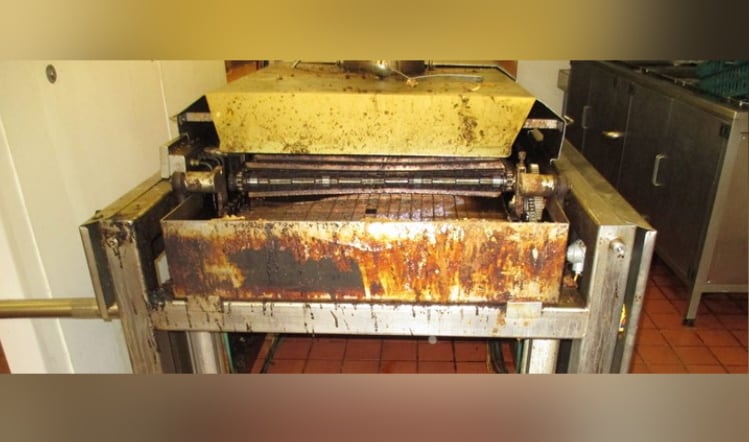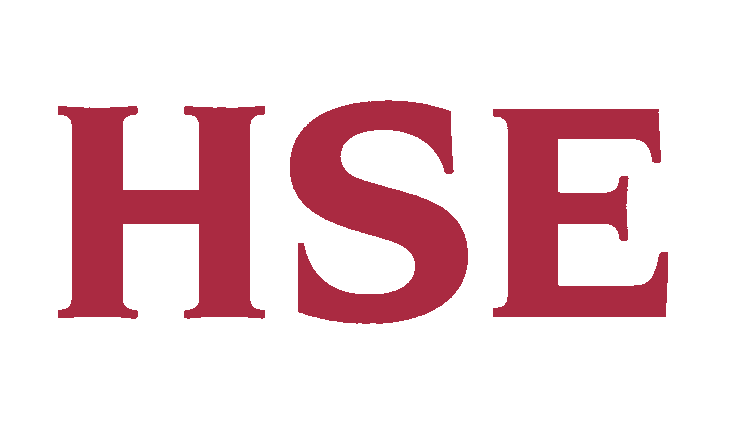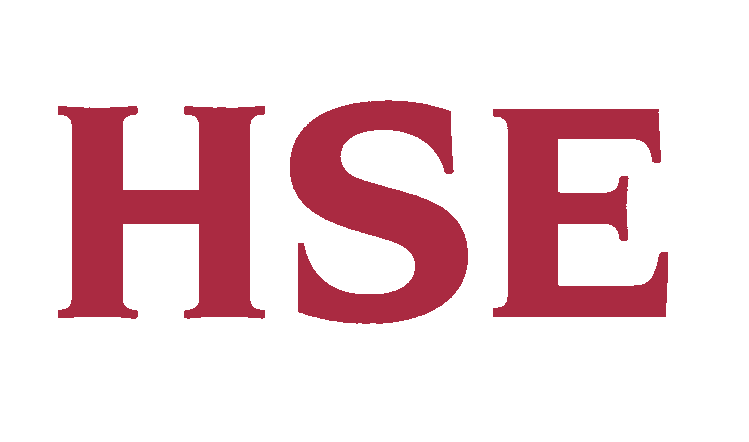Cutting plant Bowland Foods Ltd has received an increased fine of £62,000, three months after it was fined £35,400. It was also ordered to pay prosecution costs of £9,384 for failing to ensure the removal of specific animal parts before they entered the food chain.
A Food Standards Agency (FSA) unannounced inspection at Bowland Foods found the plant had consigned meat without “specified risk material” being removed.
Inspectors found carcases and records which showed the business had not removed the material from animals over 30 months old.
Appealed the fine
While the business accepted it was guilty of the offences, it appealed the size of the fine initially received.
The appeal was dismissed at a hearing at Preston Crown Court last week (15 August) and the sentence increased significantly after the level of seriousness was considered to have been set too low.
Claims made by Bowland that the prosecution was an abuse of process by the FSA also factored into the judge’s decision, which he called “an unbridled attack on every aspect of the FSA investigation and preparation of the case for trial”.
The fine was increased from £35,400 to £60,000 with the full additional costs of £2,319.27 awarded to the FSA, to be added to the costs awarded in the lower court.
Reduced credit for guilty plea
As part of the increased fine, the judge reduced the credit Bowland Foods had received for their early guilty plea as a result of the abuse of process arguments it made.
Martin Evans, head of field operations at the FSA said: “This significantly increased fine further underlines just how seriously breaches of public health regulations are taken by ourselves and the courts.
“It is vitally important for consumers and the wider industry that regulations such these are followed and that public health is protected.”
Removing specified bodies parts from animal carcasses
The Transmissible Spongiform Encephalopathies (England) Regulations 2010 require correct removal and disposal of specific parts of animals before they enter the food chain to reduce risk from brain diseases that cattle, sheep and goats are vulnerable to.
The most widely recognised of these diseases is BSE in cattle – referred to as ‘mad cow disease’ – which has been linked to human diseases such as Creutzfeldt-Jakob disease.





